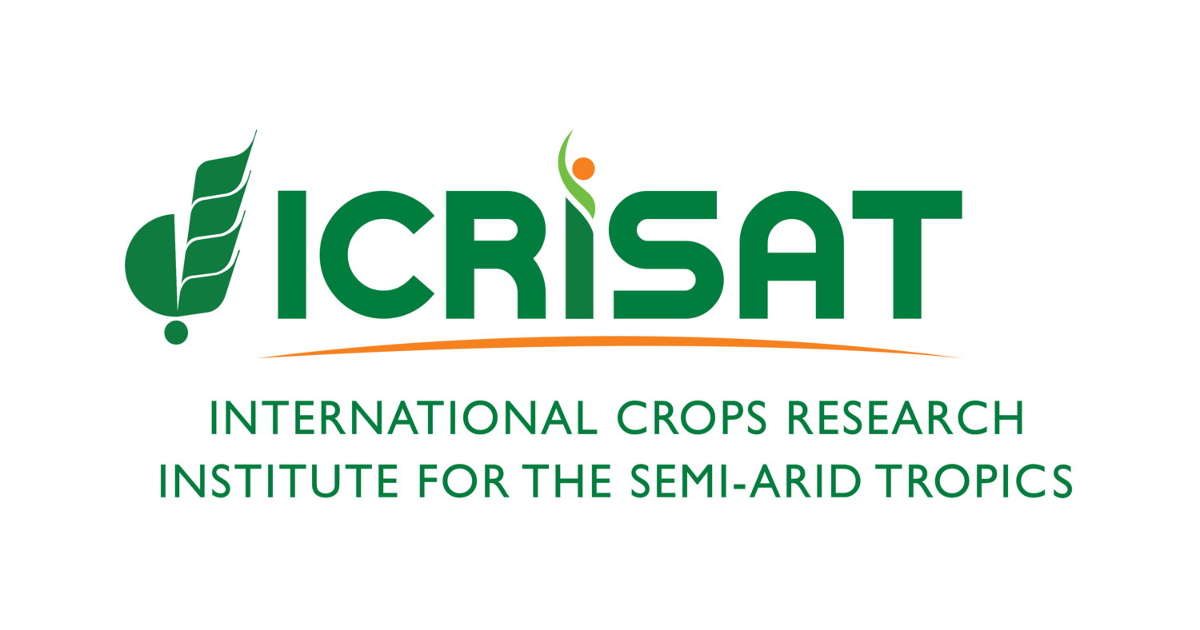Wednesday, 28 January 2026

In a powerful step toward bridging the global gap between scientific innovation and field-level impact, the International Crops Research Institute for the Semi-Arid Tropics (ICRISAT) concluded a landmark international training on Mastering Technology Transfer: A Global Pathway for Developing Countries . The two-week intensive program was conducted under the auspices of India’s Ministry of External Affairs, as part of the Indian Technical and Economic Cooperation (ITEC) initiative.
Hosted at ICRISAT’s headquarters in Hyderabad, the program trained 50 professionals from 23 countries—including policymakers, researchers, and industry specialists—on the critical know-how required to move agricultural and allied innovations from the laboratory to the field.
The curriculum offered a comprehensive overview of technology management, IP law, commercialization strategies, valuation techniques, and regulatory frameworks. The focus was practical: empowering participants with the tools to implement innovation transfer strategies that can tangibly improve agricultural systems in their home countries.
“Scientists around the world are developing breakthrough agricultural technologies, but many of these innovations never reach the farmers who need them most,” said Dr Himanshu Pathak, Director General of ICRISAT. “Bridging this gap between innovation and adoption is a global challenge. This course is about turning that challenge into opportunity.”
The program featured engagements with over 40 domain experts from leading global and Indian institutions, including the CGIAR Center, Alliance of Bioversity International – CIAT, University of Johannesburg, IIT Jodhpur, ICFAI Law School, India’s Ministry of MSME, and IKP Knowledge Park (IKP PRIME), India’s top technology transfer office.
Dr Stanford Blade, Deputy Director General – Research and Innovation at ICRISAT, described the initiative as a two-way exchange. “While participants gain vital skills, ICRISAT equally benefits from their grassroots insights and implementation experiences. This reciprocity enriches our mission to build globally relevant, locally actionable solutions.”
Participants also undertook two technical field visits to deepen their exposure to real-world innovation ecosystems. The first, to Genome Valley, India’s premier life sciences cluster, included immersive engagements with Bharat Biotech and Sai Life Sciences, where participants learned firsthand about tech transfer in biotech incubation, vaccine development, and drug discovery. The second visit to BITS Pilani – Hyderabad Campus showcased how India’s academic institutions are incubating innovation and enabling effective commercialization pathways.
Key ICRISAT leaders contributed to the learning sessions, including Dr Sean Mayes, Director of Accelerated Crop Improvement; Dr Rebbie Harawa, Director of the Africa Program and Resilient Farm and Food Systems; and Dr Victor Afari-Sefa, Head of Enabling Systems Transformation. Their sessions covered the full arc of the agricultural innovation pipeline—from crop breeding to farmer adoption.
Dr Surya Mani Tripathi, Global Head of Legal Services at ICRISAT and coordinator of the training, acknowledged the Ministry of External Affairs and the ITEC network for their pivotal support in building innovation capacity across the Global South. “Knowledge on intellectual property and tech transfer is crucial for ensuring that innovations don’t sit on shelves but reach the communities who need them most,” he emphasized.
Delivering her concluding remarks, Snehaja Jonnalagadda, Head, Branch Secretariat, Hyderabad, Ministry of External Affairs, highlighted the importance of the ITEC program as a pillar of India’s development diplomacy, reinforcing the country’s commitment to global partnerships through capacity building.
Encouraging participants to become catalysts for change, Dr Padmaja Ravula, Cluster Leader – Knowledge and Capacity Development & Gender and Youth, urged them to champion technology transfer frameworks in their countries. “You are now ambassadors of innovation access—your role is to take these learnings forward and make technology work for people.”